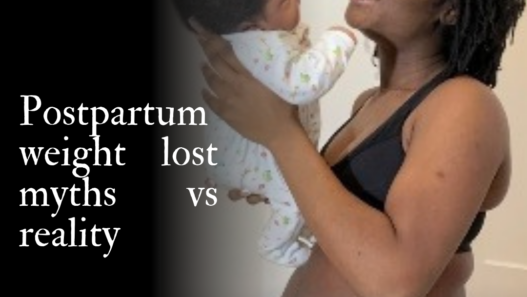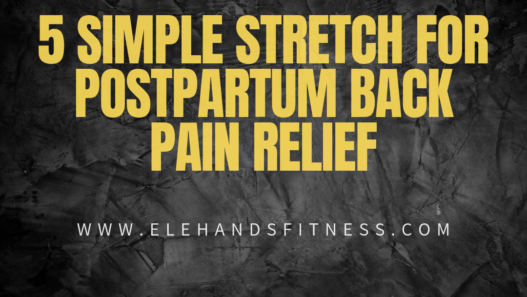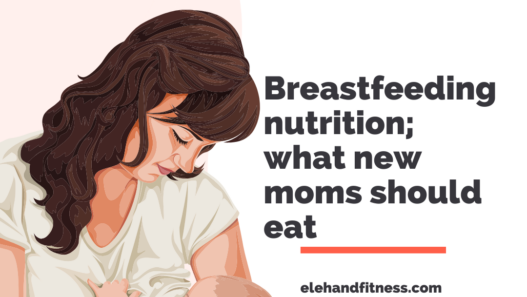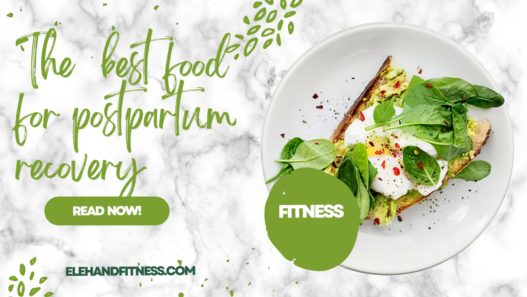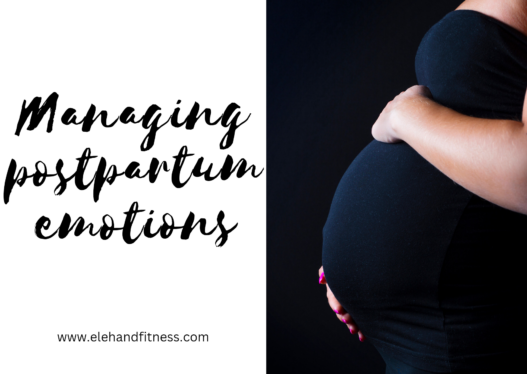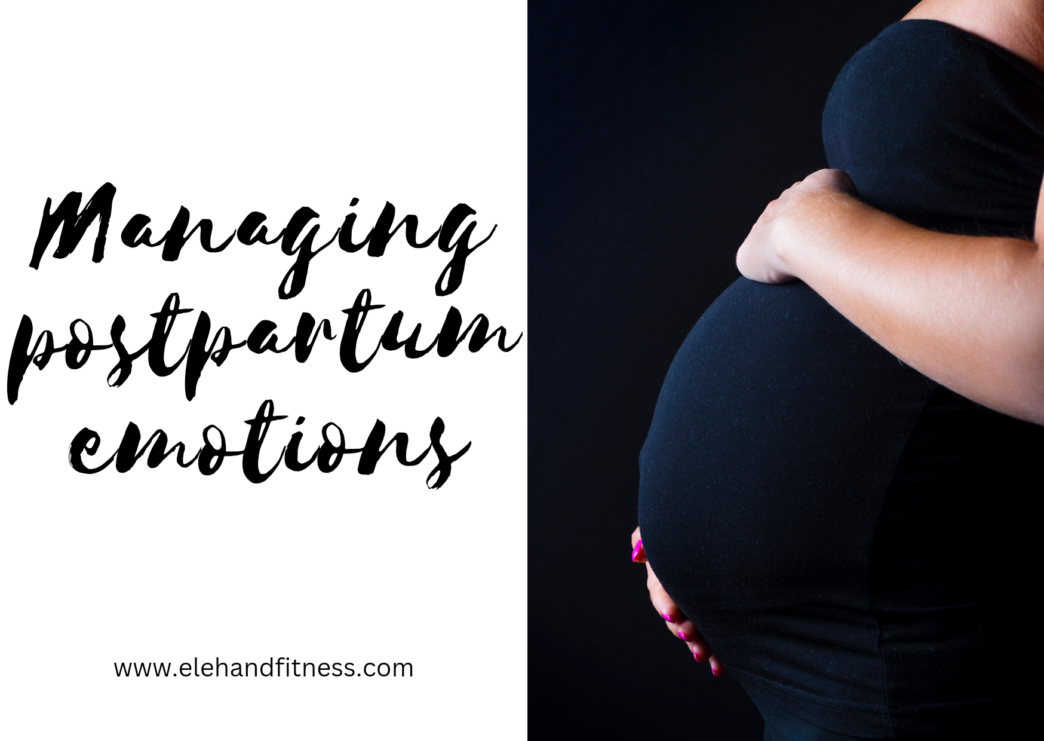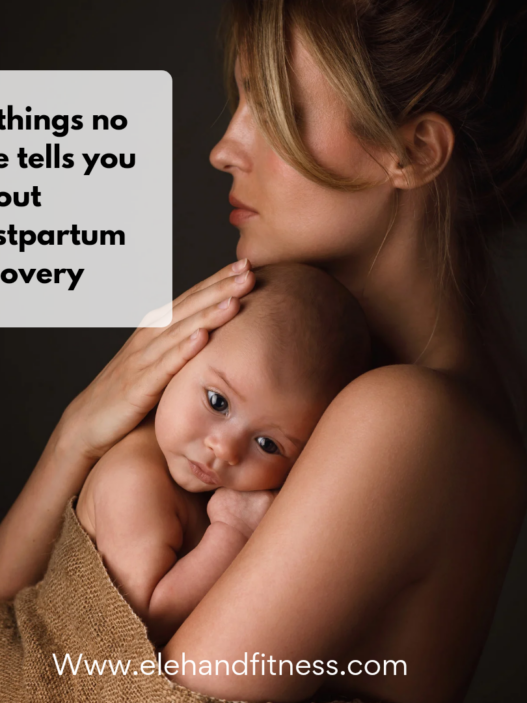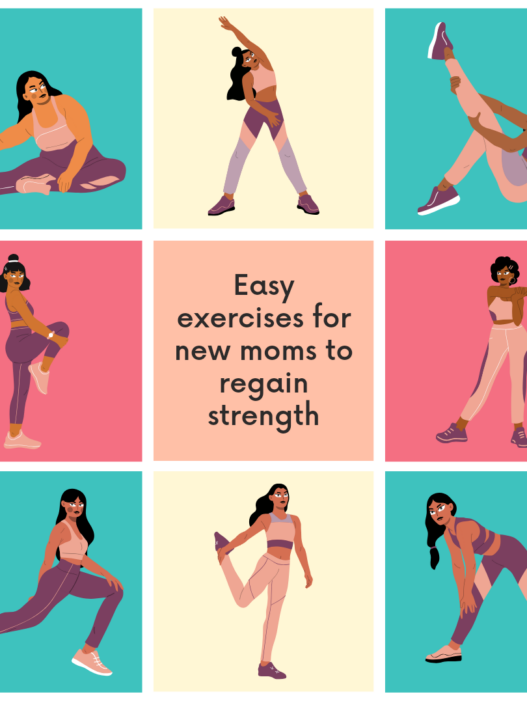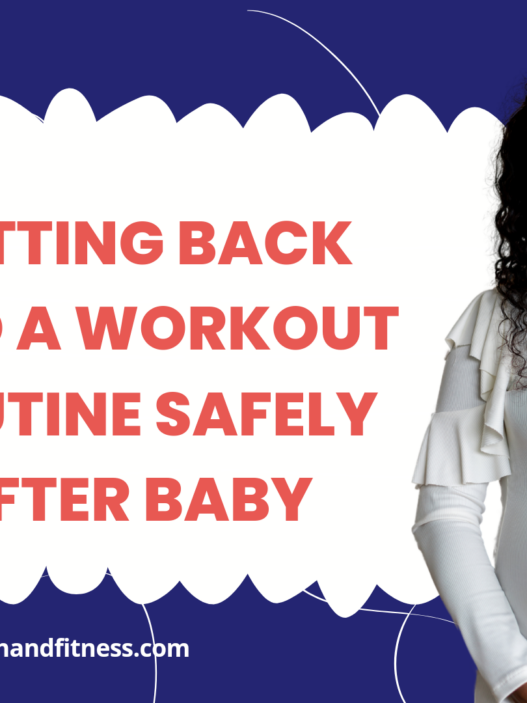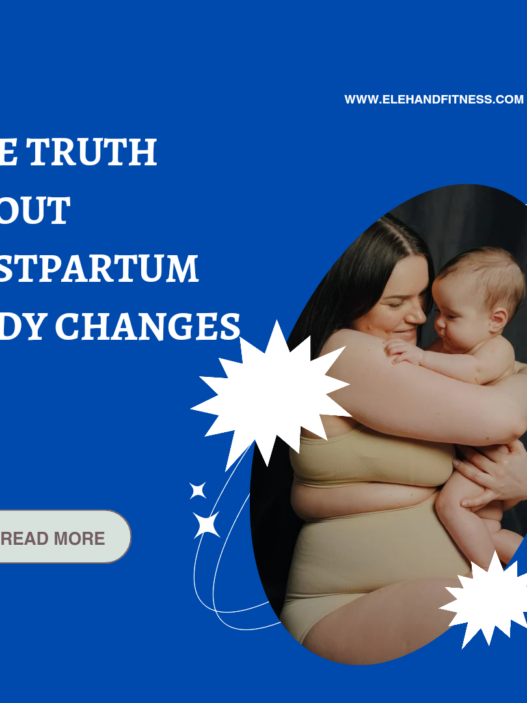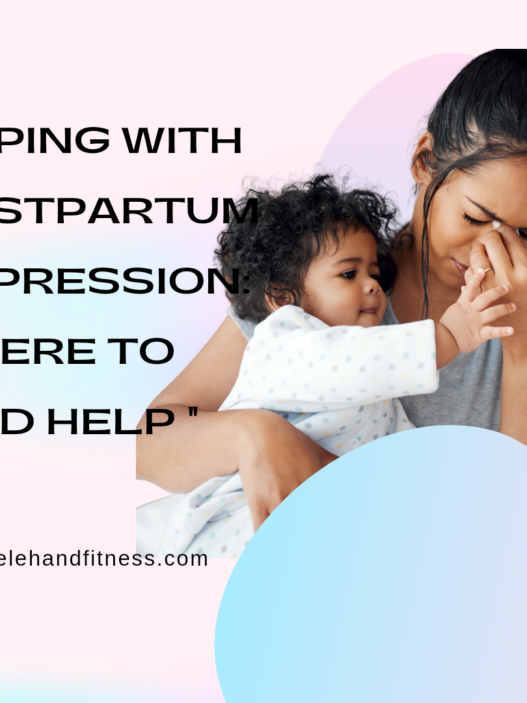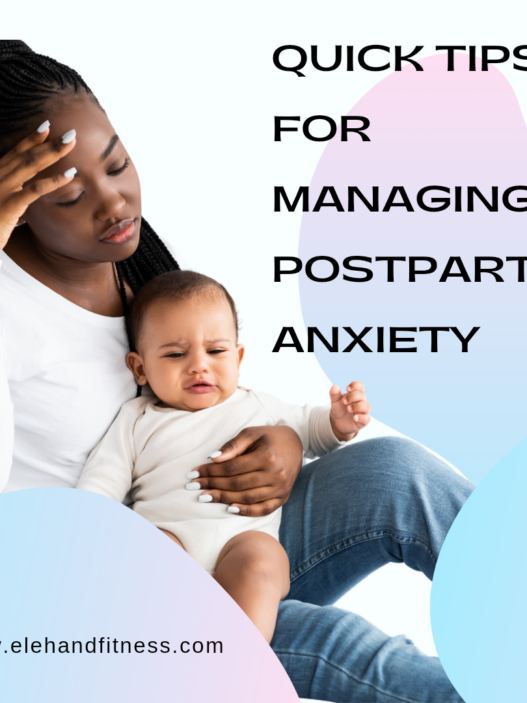Managing Postpartum Emotions: A Guide for New Moms
Welcoming a baby into the world is one of life’s most profound experiences. However, the postpartum period can be an emotional whirlwind. Between hormonal changes, sleep deprivation, and the new responsibilities of motherhood, it’s no wonder many moms feel overwhelmed. The key to navigating this delicate period is understanding and managing your postpartum emotions.
Here’s how you can identify and cope with the emotional challenges of the postpartum period.
Understanding Postpartum Emotions
Postpartum emotions are influenced by several factors:
- Hormonal Shifts: After birth, levels of estrogen and progesterone drop dramatically, which can affect your mood.
- Sleep Deprivation: Sleepless nights can amplify feelings of irritability and sadness.
- Identity Changes: Becoming a mother often comes with a shift in your sense of self, which can feel overwhelming.
- Physical Recovery: Your body is healing from childbirth, which can bring physical discomfort and frustration.
Common Postpartum Emotional Experiences
- The Baby Blues: Many new moms feel weepy, anxious, or overwhelmed in the first two weeks postpartum. These feelings usually resolve on their own.
- Postpartum Depression: A more serious condition that affects about 1 in 7 women. Symptoms include persistent sadness, loss of interest in activities, and feelings of inadequacy.
- Postpartum Anxiety: Excessive worry, racing thoughts, and physical symptoms like a racing heart may occur.
- Postpartum Rage: Sudden bursts of anger or frustration, often due to stress and lack of sleep.
Tips for Managing Postpartum Emotions
- Acknowledge Your Feelings
The first step is to accept that it’s okay to feel a range of emotions. Motherhood is a significant life transition, and feeling overwhelmed doesn’t mean you’re failing.
- Rest Whenever Possible
Sleep deprivation is one of the biggest culprits behind postpartum mood swings. Nap when your baby naps, and don’t hesitate to ask for help so you can rest.
- Build a Support System
Surround yourself with people who understand and support you. Whether it’s your partner, family, friends, or a postpartum support group, sharing your feelings can lighten the emotional load.
- Practice Self-Care
Even small acts of self-care can make a big difference. Take a shower, enjoy a cup of tea, or go for a short walk. Remember, taking care of yourself is also taking care of your baby.
- Don’t Hesitate to Seek Help
If you feel persistently sad, anxious, or disconnected, reach out to a healthcare provider. Postpartum depression and anxiety are medical conditions that can improve with treatment, including therapy or medication.
- Bond with Your Baby
Skin-to-skin contact, breastfeeding, or simply gazing at your baby can help release oxytocin, the “love hormone,” which boosts your mood and strengthens your bond.
- Stay Active
Gentle exercise, like walking or postnatal yoga, can release endorphins, reduce stress, and improve your overall mood. Consult your doctor before starting any postpartum exercise routine.
- Limit Social Media
Social media can create unrealistic expectations about motherhood. Take a break if scrolling leaves you feeling inadequate or stressed.
- Set Realistic Expectations
You don’t have to do it all. Prioritize what truly matters and let go of the rest. It’s okay if the dishes pile up or laundry goes undone—your well-being is more important.
- Celebrate Small Wins
Each day, acknowledge even the smallest accomplishments. Whether it’s getting out of bed, feeding your baby, or taking a walk, every step forward is progress.
When to Seek Professional Help
While it’s normal to feel a bit out of sorts after birth, reach out to a healthcare professional if:
Your emotions feel overwhelming or unmanageable.
You’re experiencing intrusive thoughts or panic attacks.
You’ve lost interest in things you once enjoyed.
You’re having thoughts of harming yourself or your baby.
Remember, seeking help is a sign of strength, not weakness.
Final Thoughts
Managing postpartum emotions can be challenging, but it’s important to remember that you’re not alone. Millions of women go through similar struggles, and with the right support, you can emerge stronger and more resilient. Be kind to yourself, prioritize your mental health, and lean on those who care for you.
Motherhood is a journey, and there’s no one “right” way to navigate it. Take it one day at a time, and know that brighter days are ahead.

